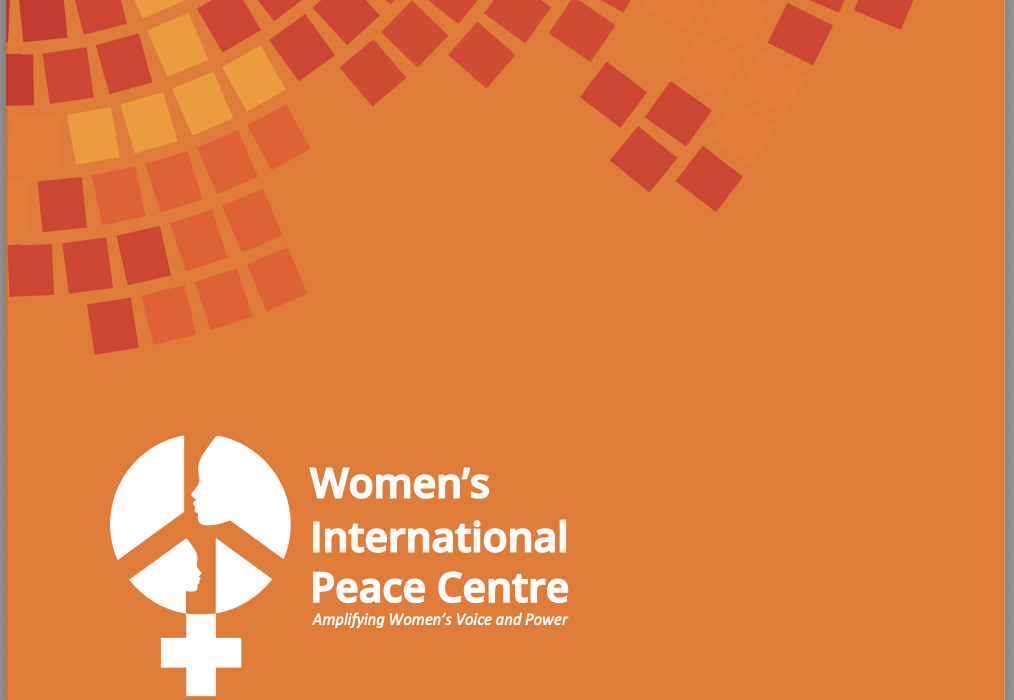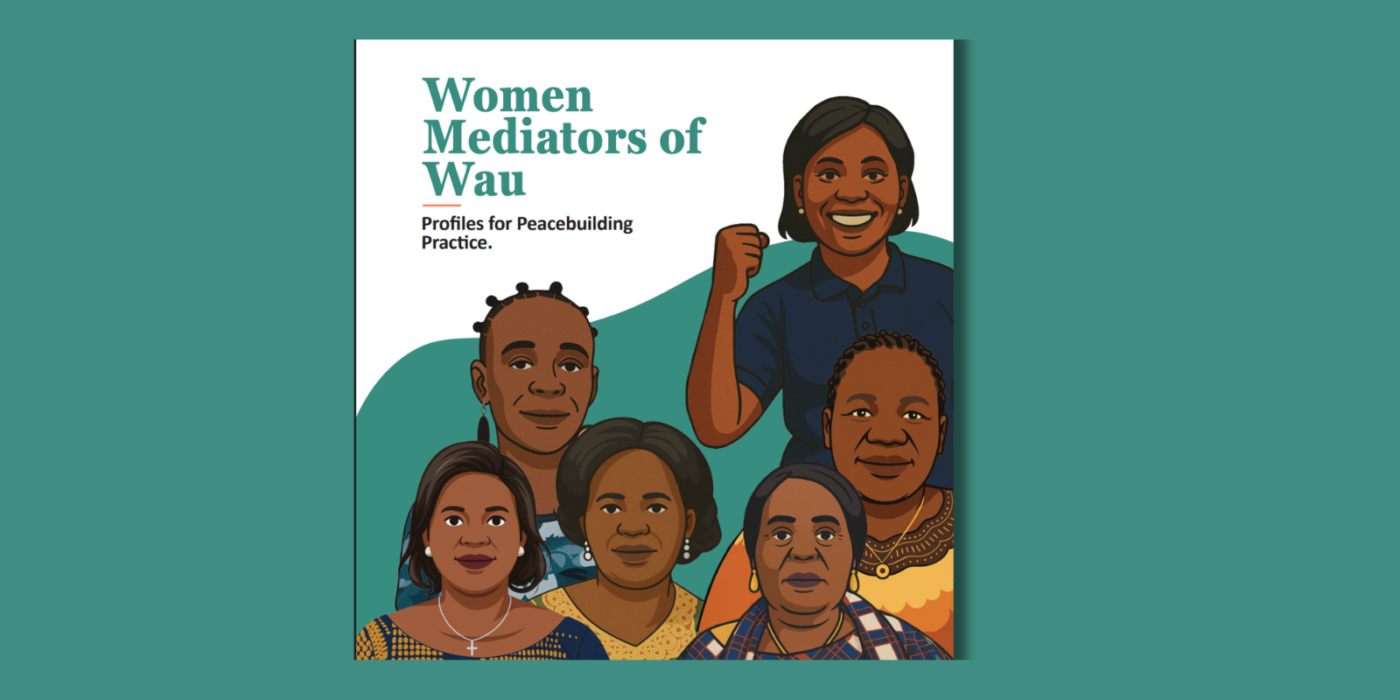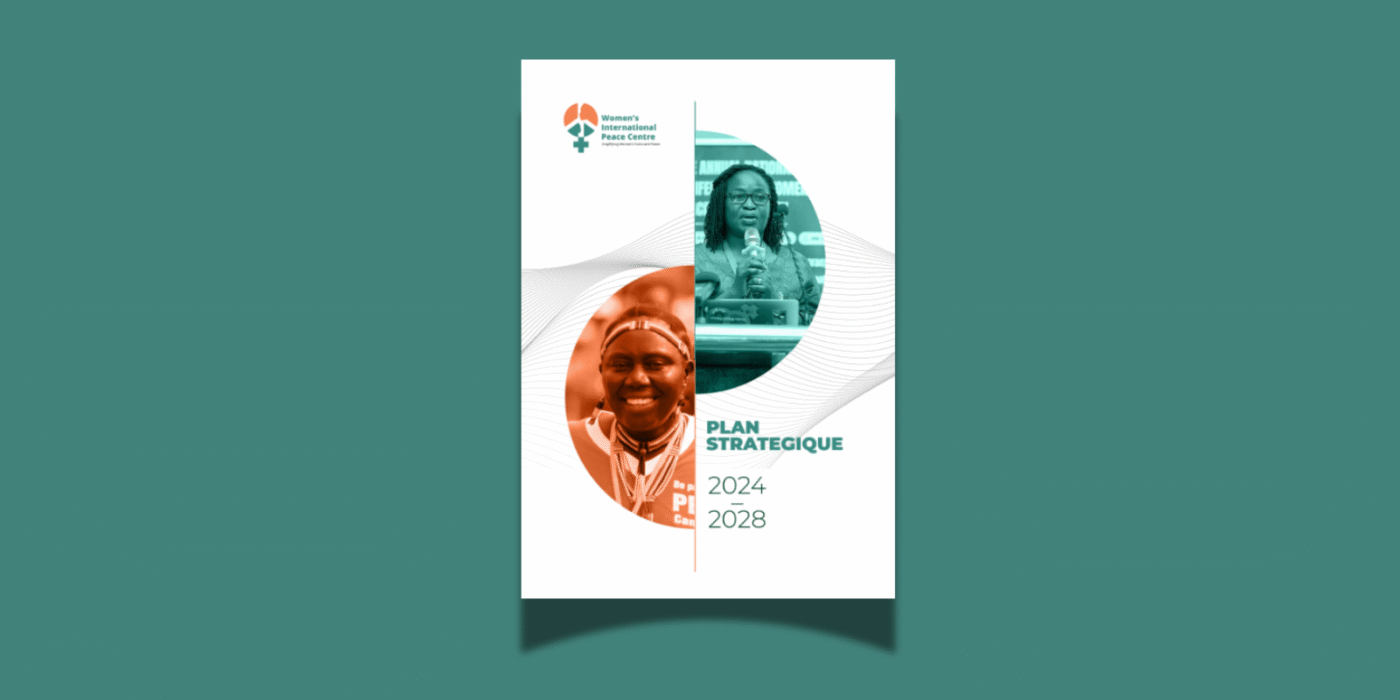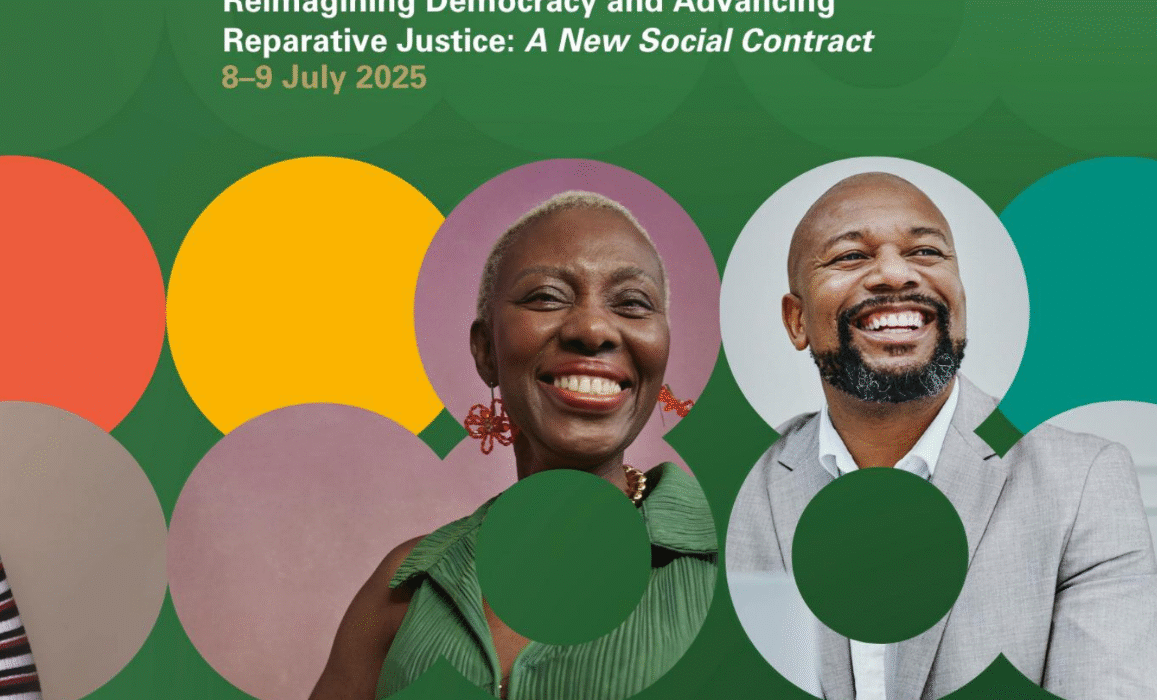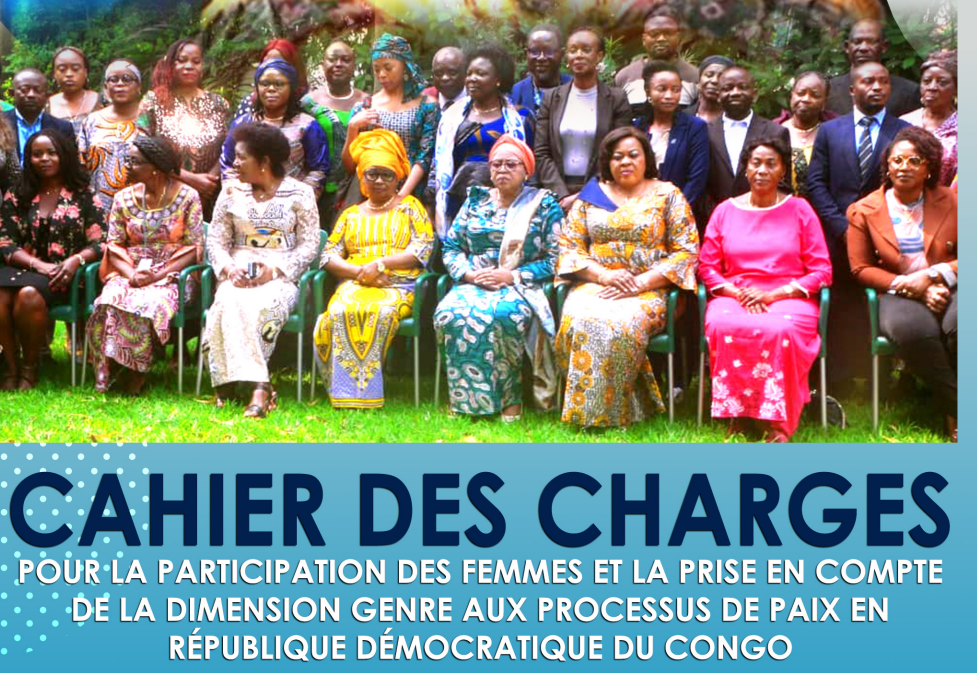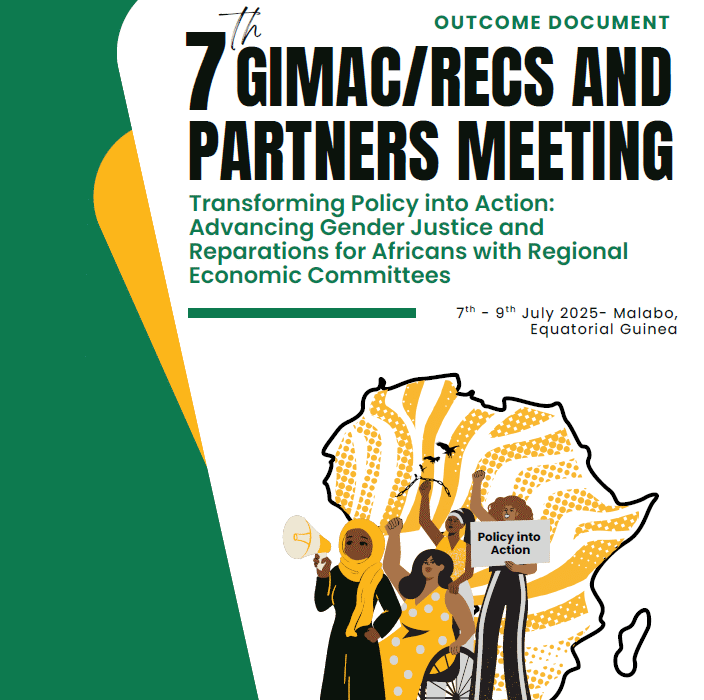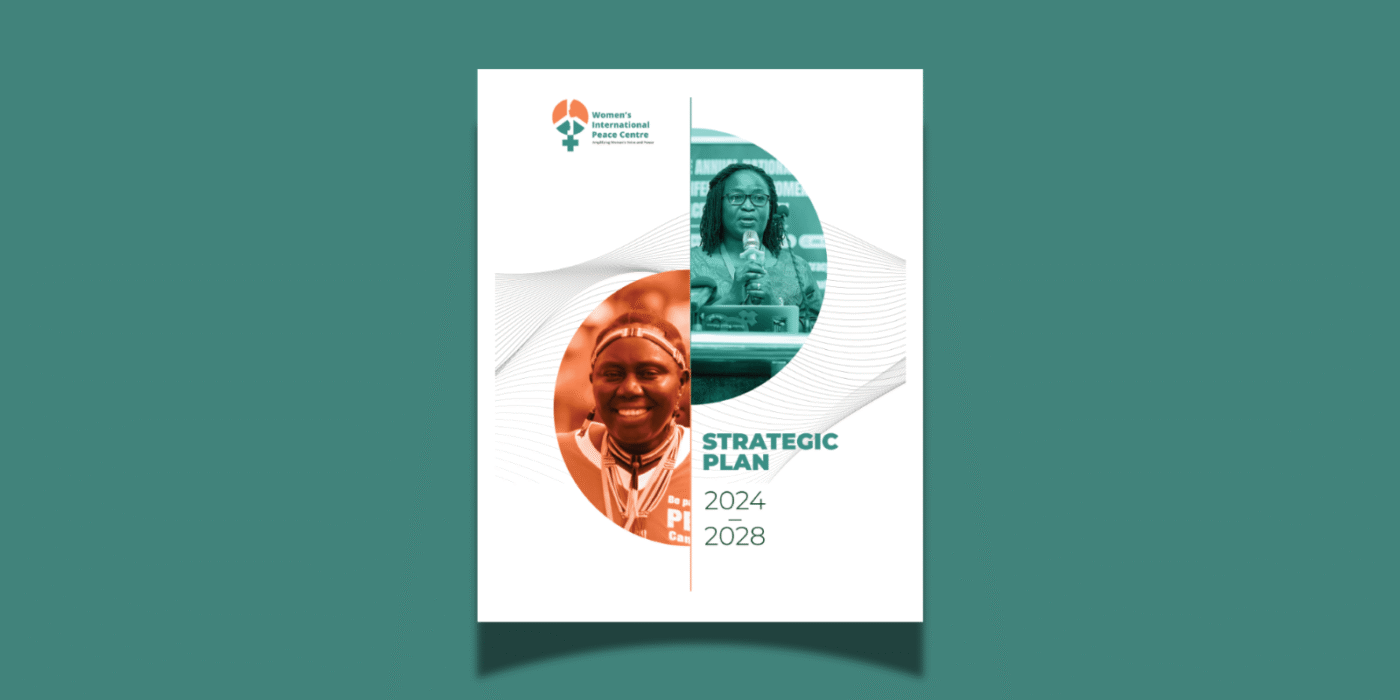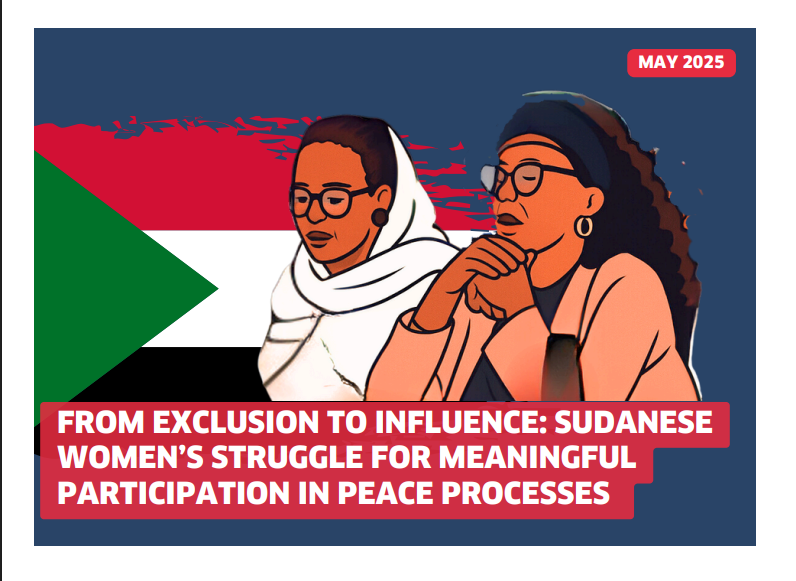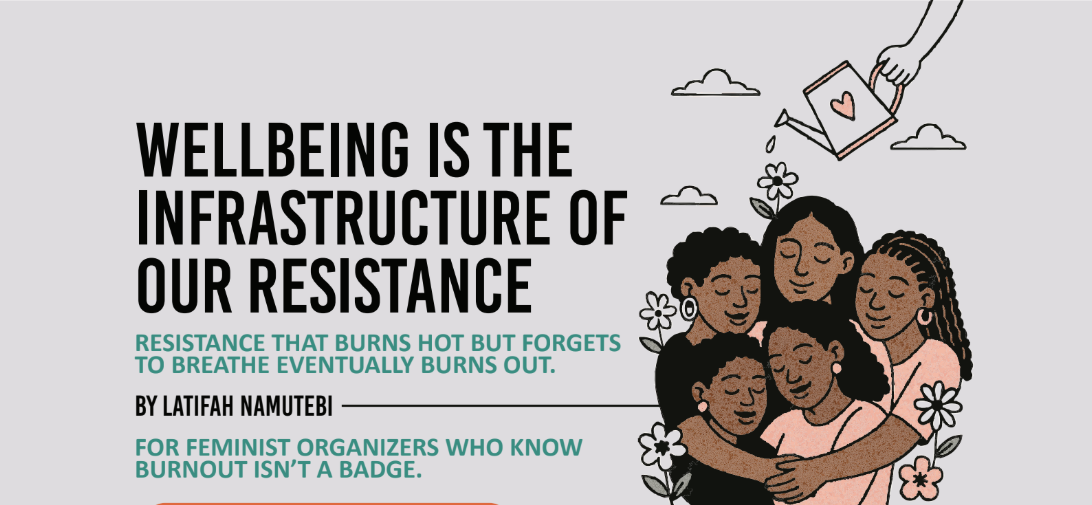CALL FOR EXPRESSION OF INTEREST -STATION SPECIFIC RAPPORTEURS
Job Title : Station Specific Rapporteur
Vacancies : 4- Four
Duty Station : Kampala–1, Arua-1, Hoima-1, Jinja-1
Reports to : National Coordinator
Assignment : Temporary
Duration : 1 week
Start Dart : 13th to 19th January 2026
- Background
The Women’s International Peace Centre (WIPC), on behalf of the Women’s Situation Room (WSR), hereby seeks to recruit 4 Station Specific Rapporteurs for the physical situation rooms in Arua, Hoima, Jinja and Kampala.
The WSR is a non‑partisan, women‑led mechanism that mobilizes women and youth to promote peaceful electoral processes in line with United Nations Security Council Resolutions 1325 and 2250. The WSR-Uganda provides early warning and rapid response to election‑related tensions and violence, working closely with election stakeholders to promote peace before, during and after elections.
2. Job Purpose:
The qualified Station Specific Rapporteurs will write reports of the activities and events happening in the assigned physical situation room. The report, in context of the specific region assigned, will also contribute to the documentation and improving the work of the WSR mechanism.
3. Overall objective
- Provide an analytical and evidence-based information on the 2026 electoral process in the assigned region of work.
- To document the 2026 physical room activities, including the launch of the physical room, engagement with stakeholders, challenges, achievements, and lessons learned
- Provide a critical analysis of media reports from a gender perspective and other activities related to the elections that are taking place in the region where the physical room is situated.
- Capture relevant/ critical information that will guide future WSR electoral processes and interventions.
4. Terms of Reference
- Monitor and analyse the electoral process including election-related violence in the assigned region, providing timely, evidence-based information on trends, risks, and developments.
- Document all WSR Physical Room activities, including the launch, stakeholder engagements, daily operations, summary of calls received, achievements, challenges, and lessons learned.
- Conduct media monitoring and gender-sensitive analysis of election-related reports, narratives, and incidents across print, radio, TV, online, and social media.
- Capture and synthesise critical information that will inform future WSR electoral processes, strategies, and interventions.
- Produce high-quality reports and briefs based on findings, including analytical updates, media reports, documentation summaries, and final lessons-learned reports.
5. Expected Deliverables/ Timeline, Key Deliverables and Logistics
- The report’s visuals and graphs, through identification and execution of innovative concepts, and/or consulting with and requesting contributions to the report from relevant data hubs and sources
- A well analytical advanced report indicating WSR role in averting violence during elections in Uganda.
- Presentation of the report to the Eminent Women in the specific room for input and approval.
- A Final Report to be produced within two weeks following the close of the physical room.
6. Qualifications
The selected applicant must have the following qualifications and experience:
- University degree in a relevant field, including peacebuilding, conflict transformation
- Extensive knowledge on election democracy, Women, Peace and Security, with experience in documenting violence-related contexts.
- Proven record in writing event reports.
- Experience, technical specialization and proven experience working on election processes, constitutionalism, early warning mechanisms, peacebuilding with emphasis on women’s and youth rights from a gender-based approach. Familiarity or knowledge and experience of policy frameworks such as the UNSCR 1325.
- Excellent writing skills in English, with analytical skills and the ability to synthesize findings from diverse materials and sources.
- Critical thinking and analytical skills, with the ability to research, analyse, and present complex information
- Strong interpersonal, teamwork, and communication skills
- Time Management and commitment to serve under tight schedules
7. Application Process
Interested individuals should submit their Cover letters, Curriculum Vitae, National ID, sample of past reports compiled, clearly marked “Station Specific Rapporteur”. Please indicate the duty station that you wish to serve. It is also preferable that the individual applicants reside in the said districts of work.
Letters should be addressed to the Executive Director, Women’s International Peace Centre via email address at wsrapplications@gmail.com by January 8th 2026. ONLY shortlisted candidates will be contacted.

